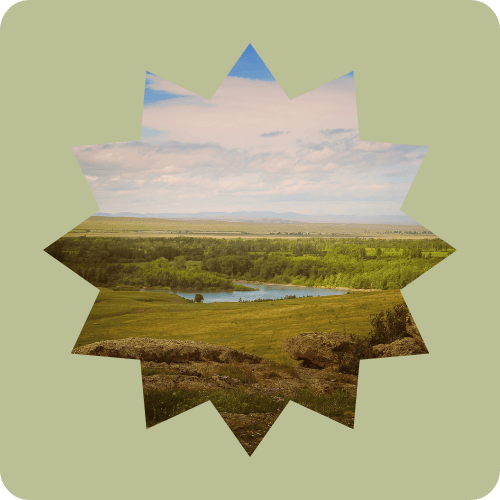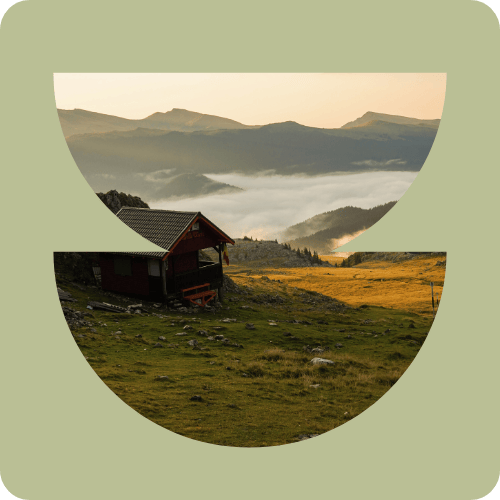Environmental Studies Research Fund
Author
Anna Huschka
My name is Anna (she/her), and I am a white settler located on the lands of the Williams Treaty First Nations – the Alderville First Nations, Beausoleil First Nation, Chippewas of Georgina Island, Chippewas of Rama, Curve Lake First Nation, Hiawatha First Nation, and Mississaugas of Scugog Island. I do not intend to speak on behalf of any communities I am not a part of. I hope to leverage my position of privilege as a cisgender white woman to amplify the efforts and voices of those doing so much work towards climate justice in their communities across the country. I want to be a part of challenging the Euro-settler-centric and Western values that currently shape climate policies, to counteract colonial and systemic barriers, ensuring that the concerns, exposures, and knowledges of diverse communities are adequately incorporated into environmental policies and projects. As a part of the Shake Up Your Community project, I hope to help support climate work at all scales and showcase the community-based efforts that have developed out of necessity of addressing the issues of climate justice. As a biology major and politics minor, my passion for environmental politics developed from a sense of urgency and anger about the lack of action by decision-makers to adequately address the climate crisis. I aim to hold decision-makers accountable to climate commitments as well as diversify what is currently Canada’s political climate by identifying gaps in policies and projects by responding to calls for public feedback. Through the Righting History Project, particularly Practicing Rest, Recovery, Resistance: An Interactive Dreaming Journal, I hope to help youth see that their existence, and any contributions they make to the climate movement as a whole, regardless the scale, are beautiful acts of resistance to our colonial, capitalistic society.

The Environmental Studies Research Fund (ESRF) provides financial support to environmentally focused projects (1). The funded projects are determined by the ESRF Management Board, comprised of representatives from the Government of Canada, oil and gas companies, and members of the public (1). The ESRF emerged via the Canada Petroleum Resources Act, which manages the obtainment of natural resources within regions in which oil and gas under the jurisdiction of the Minister of Indigenous and Northern Affairs (1). In order to maintain this control, Indigenous and Northern Affairs Canada sits on the Management Board of the ESRF and leads the ESRF Northern Advisory Committee, which plays a consultative role for the Management Board (1). The Management Board ultimately determines the issues of focus for research projects and ensures that the interests of stakeholders are considered (1).
The Management board established research priorities for 2015-2018, separating topics based on specific regions (2). Issues of concern in the Northern Region include the planning in response to a spill, specifically to protect aquatic ecosystems in the Arctic (2). Another concern within Northern regions is the application of natural resources obtained and ensuring that they are in accordance with government expectations (2). One of the projects funded by the ESRF in the Northern Region is the Integrated Beaufort Observatory, focused on creating a system in the Canadian Beaufort Sea for observation of sea ice and monitoring the status of this ocean (3).
Overall, projects supported by the ESRF help to protect marine ecosystems within specific priority regions, allowing for obtainment of natural resources while addressing environmental concerns. The projects outlined prioritize working with representatives not only within the oil and gas industry, but also within the government in order to balance the expectations and interests.



